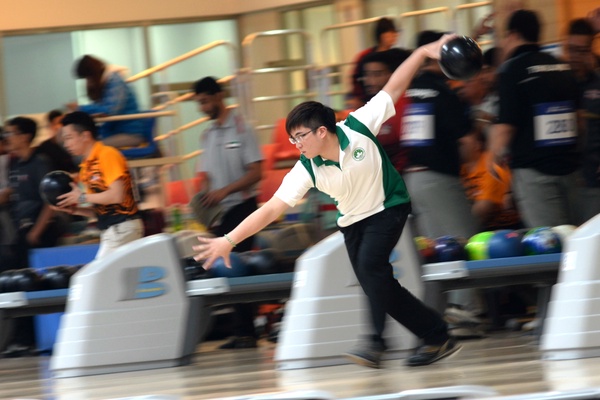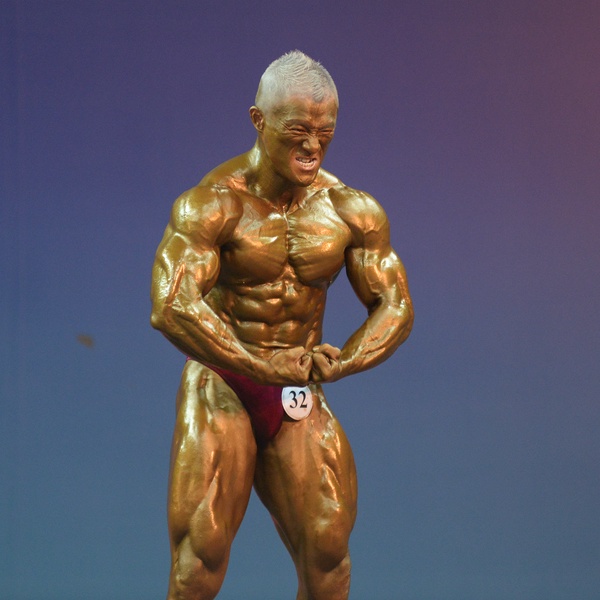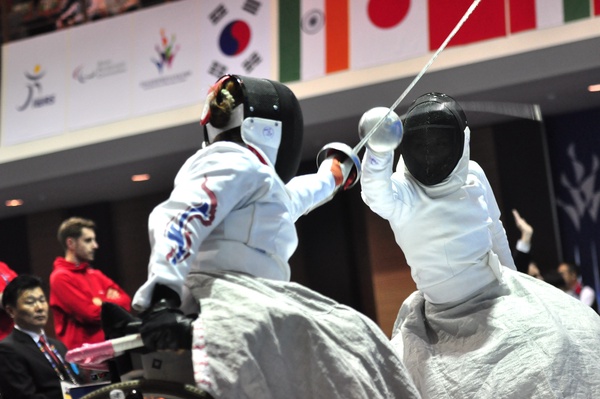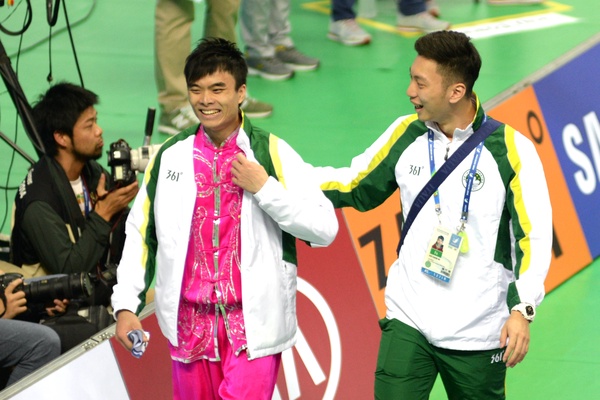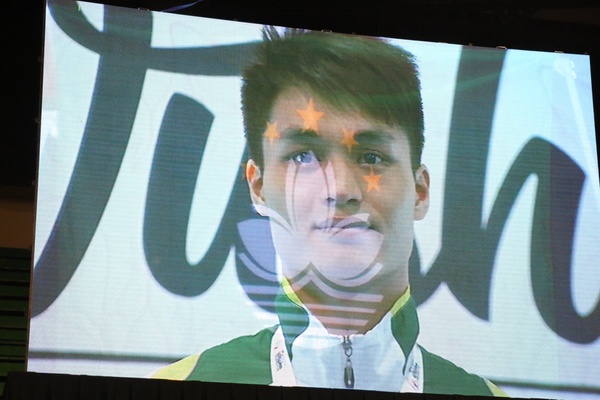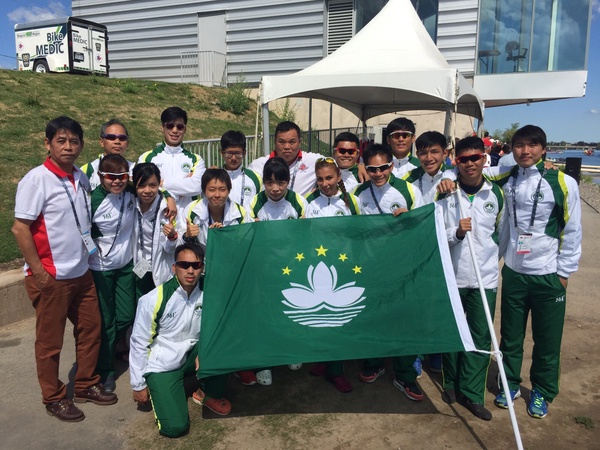The Sport Development Board is now officially renamed as the Sports Bureau (the Bureau), in an effort to facilitate Macao SAR Government's development of physical education and sports, as well as to optimise the public administration structure and its various functions. The Bureau has implemented the newly-amended Regulation of High-Level Sports Incentive Awards and Regulation of the Sports Certificates of Merit, so as to recognise athletes and supporting teams for their long-term commitment and outstanding performance in high-level competitions. The two new regulations serve to perfect the system of competitive sports, making it more fair, more comprehensive, and more rigorous.
Integrating Two Old Regulations into One
Having integrated the former Regulation of Awards for Highly Competitive Sports and Regulation of Awards for Sports for the Disabled, the new Regulation for High-Level Sports Incentive Awards, effective from 1st January 2016, classifies sports for both the able-bodied and the disabled into five types respectively, rewarding all athletes as per the same scheme. To ensure fairness, the Bureau, after a lot of discussion and studies from practices of other countries and regions, has set the bar at “high-level competitions”, against which the significance of awards will be evaluated. In order to drive athletes to go for the best, the new regulation has doubled the bonus for champions and adjusted the gap between prize levels: the second-place winner gets half of the top prize and the third-place winner gets 30%, highlighting the value of a championship.
Rewarding youth training and supporting teams
Going with global trends, the new regulations not only ensure that all competitions rewarded are high-level ones hosted and recognised by International Olympic Committee, Olympic Council of Asia, International or Asia Sports Federation, but also have created new award categories – “youth training coaches” and “technical support teams” – to celebrate the hard work of basic-level training teams and those supporting the disabled athletes, encouraging them to keep on contributing to all-tier talent development.
Introducing Proportional Prize System to Reward the Best
To ensure that the competitions rewarded are of the highest “value”, the newly-amended regulations introduced a proportional prize system. To win a full prize, an athlete or a sports team must beat at least five player or five teams. If the number of competitors defeated is less than five, the prize will be reduced proportionally. This means that in a match with eight players or eight teams, Macao athletes will need to be top three in order to receive the full prize. Undoubtedly, the new system gives honour to hard-won awards earned after fierce competitions, which are of higher significance than those won against fewer competitors.
No discrimination or Ambiguity of New Regulation
With every reform come different voices. As the new regulations were put into practice, some people question why the Special Olympics do not qualify rewards, and others point out that the number of competitors is not up to the players or their coaches. As stated above, having integrated former regulations on “highly competitive sports” and “sports for the disabled”, the new regulations have opted for “high-level competitions” as the determinant to evaluate the significance of awards. For instance, national sports events are rated as 2nd level competition. When it comes to the Special Olympics, as the purpose of the games is to promote harmony between the able-bodied and the disabled, they are not considered as “high-level competition”. This is by no means a way of discrimination, for the mentally disabled athletes also take part in the Paralympics, the Asian Games or the National Games for the Disabled – all eligible for rewards under the new regulations. Regarding the doubts about the proportional prize system, the responsibility, of course, does not lie with athletes or coaches. However, it is the Asian and International Sports Federation that are accountable for promoting sports, and failure to do so should not be an excuse for setting ambiguous criteria in determining the value of awards.
Expecting More Elite Players
To sum up, the two new regulations on incentives, along with Training Subsidy Program for Elite Athletes and Education Subsidy Program for Retired Elite Athletes, constitute a policy portfolio designed to perfect the system of highly competitive sports and to support elite players. It is expected that the new policies will motivate athletes to hone skills, aim high and win honour for Macao. We look forward to seeing more elite players in the near future, bringing fresh outlook to the sporting landscape.


